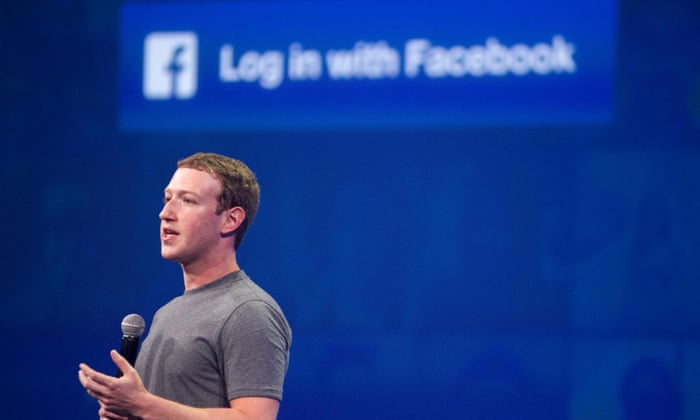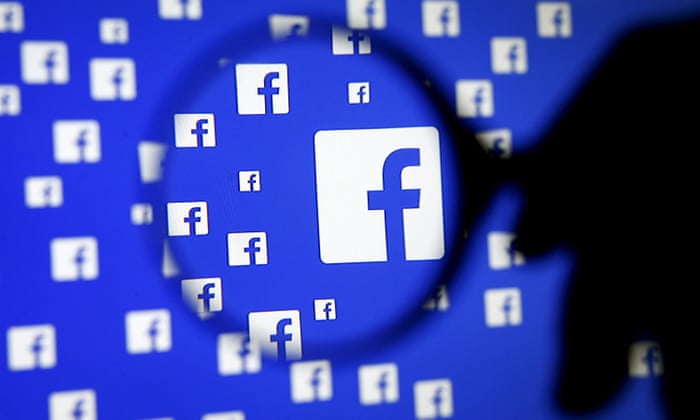The development of new/digital media means the audience is
more powerful in terms of consumption and production. Discuss the arguments for
and against this view.
In this essay I will be discussing the way in with the development of new
digital media has changed the power that the audience has but also the
consumption and production of information that audiences consume.
A Marxist perspective would argue that the so-called “information
revolution” has done little to benefit audiences or to subvert the established
power structures in society. Far from being a “great leveller” (Krotoski, 2012)
as many have claimed, it has merely helped to reinforce the status quo by
promoting dominant ideologies. The most popular news website in the UK by a
considerable margin is the ‘Mail Online’, which receives more than 8 million
hits every month and is continuing to expand rapidly – with forecasts that it
will make £100 million or more in digital revenues in the next three years.
Similar to its tabloid print edition, the website takes a Conservative,
right-wing perspective on key issues around gender, sexuality and race and
audiences appear to passively accept what the Marxist theorist, Gramsci, called
a hegemonic view. When one of their chief columnists, Jan Moir, wrote a homophobic
article about the death of Stephen Gately in 2009 there were Twitter and
Facebook protests but, ultimately, they did not change the editorial direction
of the gatekeepers controlling the newspaper.
On the other hand a pluralist would claim that new and
digital media such as e-media is a powerful tool for those who want set up
business in their homes. The vice president under Clinton, Al Gore has stated "The
internet is an empowering tool... an exciting and revolutionary prospect."
This is evident as the internet allows people to start posting their own
news online citizen journalism; this is another example of how the
audience has gained more control over the years because there is nothing to
restrict them from posting online. Citizen journalism allows people to post
news online which can be accessed from all around the world on social media
websites and even news programmes like BBC news, channel 4 ect. use
citizen journalism as well for their news stories. This illustrates how
advances in technology have affected traditional media as they incorporate
online sources on their news bulletins. One of the first cases of this was
Rodney King who was a black man which was beaten up by the police and recorded
by a man which gave the video to local news stations to be aired.
Marxists would say that the institutions still
have most of the power. Due to the rise of new and digital media audiences have
now been able to consume their news on many different social outlets in
particular free online papers. The institutions have to think about how they
are going to make money whether that’s on advertising or introducing a pay
wall. As print media is in terminal decline institutions need to bring a pay
wall so that the journalists don't lose their jobs and news becomes unreliable.
James Murdoch quotes "It is essential for the future of independent
digital journalism digital journalism that a fair price can be charged for news
to people who value it". The journalists are losing their jobs because people
aren't paying for news anymore they're going online and getting news for free.
This changes the accuracy of the news that people are receiving because it can
be bias due to one person sharing their view whereas the BBC has to be
impartial.
Pluralists believe that people in society are now gaining
more power because of their power that new technology has given them such
as being on social media websites; this gives people more access to more
information which gives the consumers more control. This is evident when Negroponte
(1997) says "the monolithic empires of mass media are dissolving into an
array of cottage industries." People are communicating more
online now and having an increase in power.
From this essay I can conclude that I believe that people are indeed in power
more now because of the advances in technology have meant that they have more
freedom and can do exactly what institutions do. This is evident due to the advances
and introduction user generated sites such as YouTube and blogs.



